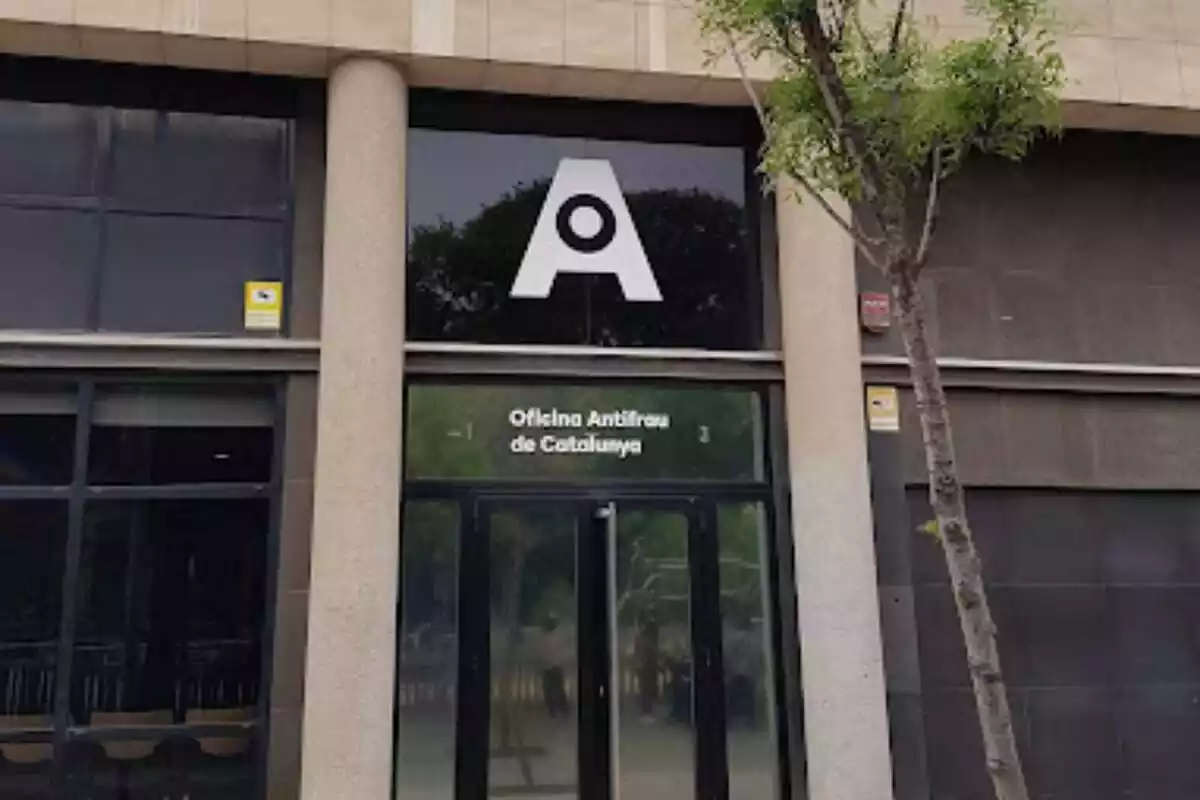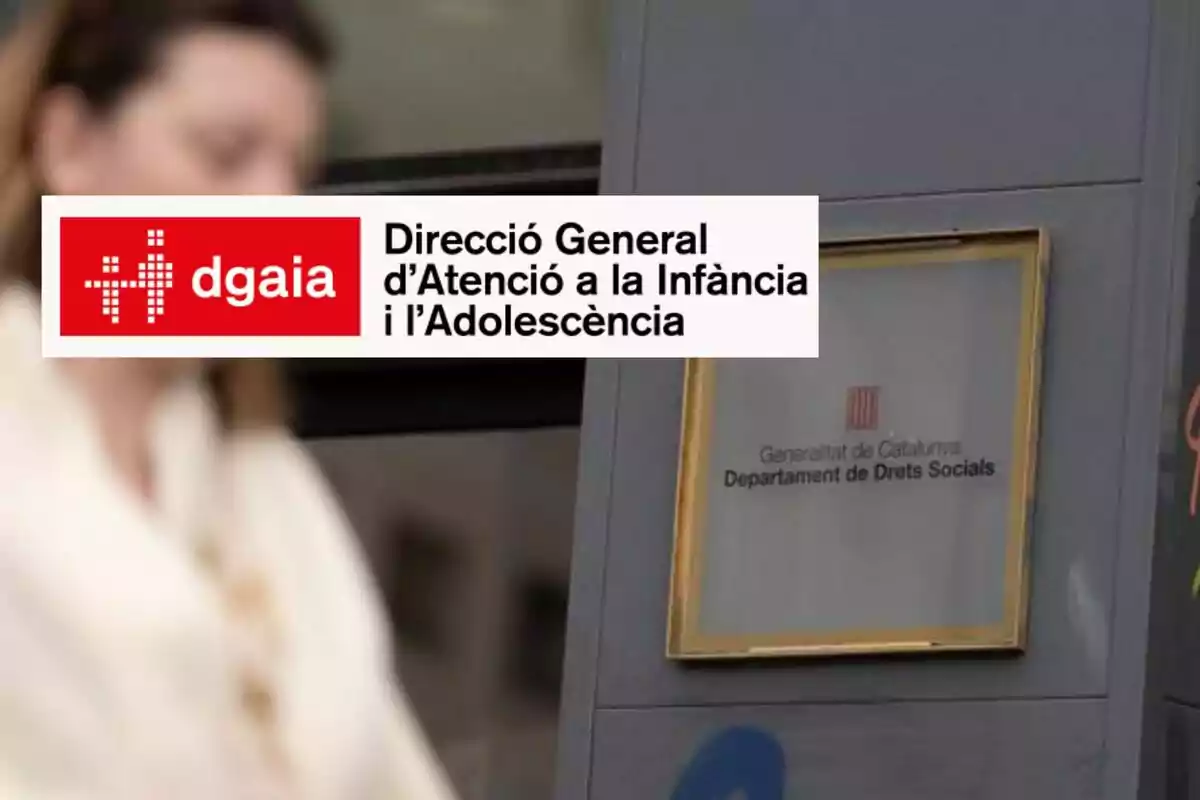
Catalonia: Antifraud and their passivity toward corruption, why don't they impose sanctions?
It won't be for lack of work: from City Councils to TV3 and including DGAIA
The Catalonia Anti-Fraud Office is at the center of a controversy due to its lack of action in imposing sanctions. Although the law has granted it the authority to impose fines for two years (2 years), the authority has avoided exercising this power. Laura Fàbregas revealed this for The Objective over a year ago.
Recently, the director of the agency, Miguel Ángel Gimeno, has also admitted it. The director of the Office justified the passivity by arguing that it makes no sense to apply sanctions only in Catalonia. According to him, in the rest of Spain there are no similar authorities to impose fines:
This stance has been harshly criticized, especially because Catalan regulations grant the Office full authority to sanction irregularities within its territory. This lack of action contrasts with the approach of other European institutions that do apply sanctions effectively. Naturally, the case has sparked a wave of outrage among those who have reported irregularities within the public sector.

In several cases, investigations carried out by the Office have reached conclusions that required the application of sanctions. A recent example is the case of a sanctioning file against the Mataró City Council. At the time, the Office ruled that action should be initiated, but two and a half years (2.5 years) later, no fine has yet been executed.
It won't be for lack of work
The lack of sanctions by Anti-Fraud comes amid ongoing investigations related to public management. One of the most prominent cases is that of DGAIA, where irregularities in awards and "phantom positions" are being investigated. The Office's inaction in this case has raised concerns that other cases with large-scale implications exist. For example, the management of salaries at TV3 and Catalunya Ràdio.
Since its creation, the Catalonia Anti-Fraud Office has been staffed by former PSC officials. In addition, the structure of the Office, with an indefinite mandate, has further fueled doubts about its ability to operate independently and effectively. In other words, the shadow of politics looms over the Office.

The situation becomes even more complicated when considering the increase in complaints received. In 2023, the Office has received a growing number of alerts about irregularities, without any relevant sanction having materialized to date. Although the legal framework establishes financial sanctions that can reach up to one million euros, the Office only sends the cases to the Prosecutor's Office.
More posts: